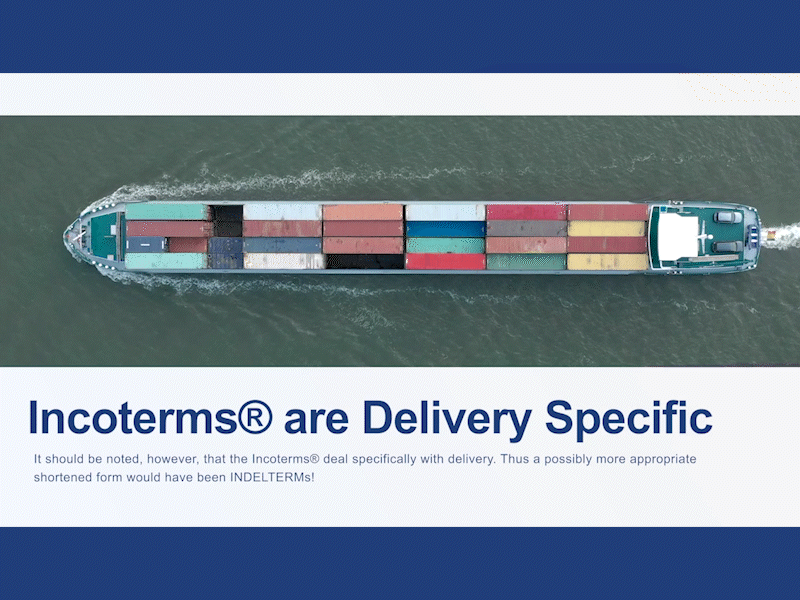When exporting from Southern Africa, an exporter has several modes of transport they may utilise to transport their goods to their buyer effectively. One such option is road freight. Road freight is one of the most viable modes of transport for trade internationally in situations whereby the buyer’s country is accessible by land. For example, you are exporting to a neighbouring country or another SADC member state. However, road freight does have drawbacks, and in some cases, even foreign markets accessible by land may be better suited to sea freight or air freight. Haulier vehicles are limited by size, and often encounter delays in between country border crossings making urgent and large consignments better suited to other modes of transport. This article will look at popular road transport services available, the benefits of transporting goods via road, and how road transportation compares to rail freight.
Type of Road Haulier Services Available
When transporting goods via road, an exporter may choose a door-to-door or depot-to-depot service. A door-to-door service is available for full truck loads and smaller loads. The consignment of goods is collected by the haulier at a named place or the exporter’s premises and delivered directly to the importer’s premises or location of delivery. A depot-to-depot service requires the exporter to deliver the goods to the road haulier’s depot in the exporting country. The road haulier will then transport the goods to a depot in the importing country for collection by the buyer.

Benefits of Road Transport
- Road freight provides a door-to-door service which entails less handling of the cargo, in turn resulting in less risk of theft or damage.
- Road freight is considerably cheaper than air freight, often making it the most viable option.
- Is not dependent on scheduled departures. Road hauliers transport the goods as soon as they are loaded.
- Road transport allows the haulier to control the journey throughout the entire delivery adding a level of quality control
Road Transport vs Rail Transport
One significant distinction to make here is that despite the popularity and viability of road hauliers, rail transport can carry much larger loads than road freight, which is essential for industries that transport raw materials like minerals, grain and crude oil. Similarly, rail freight tends to be cheaper than road hauliers. However, there has been a steady decline in the availability of rail freight services in Southern Africa, making rail freight hard to access. Furthermore, the scheduled nature of rail freight tends to give exporters limited flexibility to transport goods urgently. The decision on whether to opt for rail freight or road transport will depend on the availability of the service, the nature of the goods and the urgency of delivery.

Where to Next?
Now that you understand road transport, the types of road haulier services available and how it compares to rail transport. The next logical step is to further your understanding of all the modes of transport available in the delivery of a consignment of goods internationally. Trade Forward Southern Africa, in collaboration with the International Trade Institute of Southern Africa, has created a free and comprehensive online training course that provides training on all aspects related to exporting from SACU+M, including modes of transport, multimodalism, and Incoterms®. Click the links below to sign up for free and get started.
To sign up to the School of Export CLICK HERE.
If you already have a profile, CLICK HERE to login to begin the module.










Leave a Reply